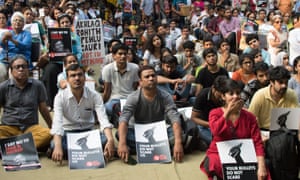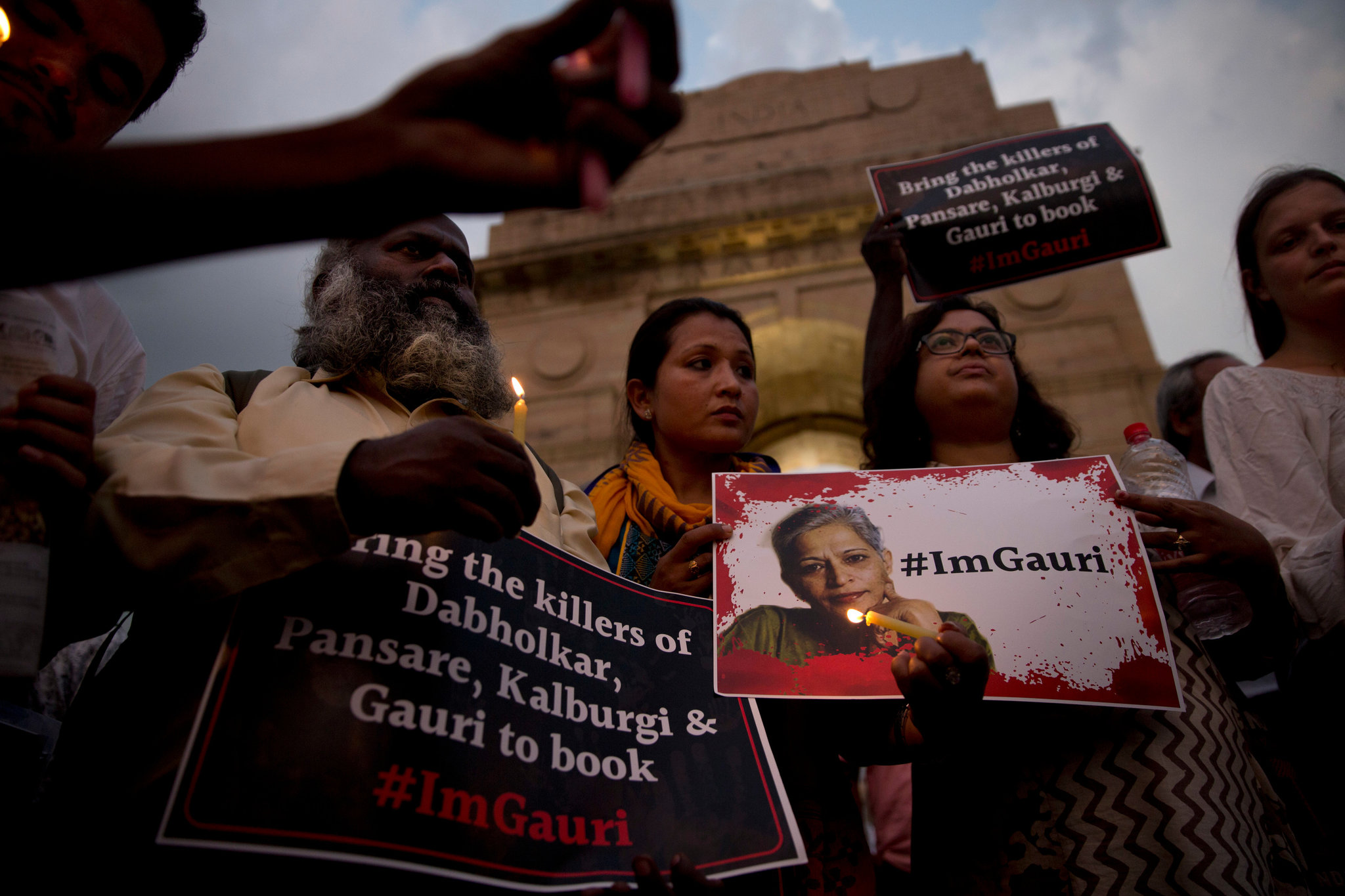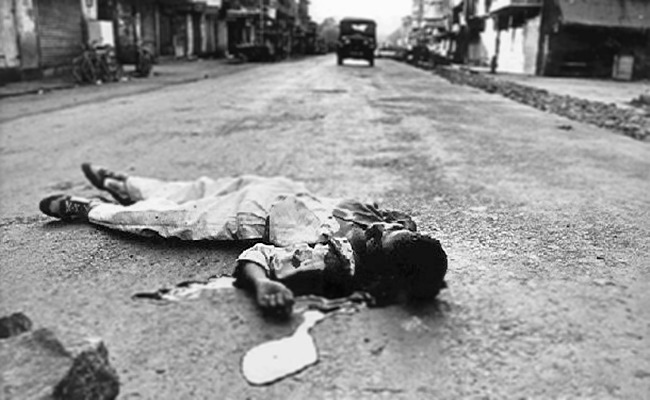A huge loss for Bengal, Indian film and world cinema.
These photos of Chatterjee are from what I think is his most rivetting and sexy performance, as Amal in Satyajit Ray‘s Charulata. The relationship between an older brother’s bride and the immediate younger brother is traditionally a very intimate one in India; apparently she becomes a kind of a big sister or younger vice-mom to him. Intimate, but of course not that intimate, which makes the whole idea strange to begin with because why should intimacy be encouraged in such a potentially transgressive situation at all. But, well, I guess that’s India: full of totally weird things whose genius takes time to reveal itself. And, weird or not, in this film Amal and his sister-in-law Charulata (the great Madhabi Mukherjee) do become intimate in very, very subtle but ultimately convulsive ways.
So… Soumitra Chatterjee and Madhabi Mukherjee in a Satyajit Ray film based on a novel by Rabindranath Tagore; this film was a veritable Bangla-fest of talent and the arts! And Ray often described it as his favorite of all his films.







Here’s a good discussion of the film: “Charulata (The Lonely Wife)“
And here’s the whole film. It’s from a beautiful print and it has easy to read subtitles. Watch it with whiskey and some butter-toasted cashews tonight instead of wasting your time and money doing dumb shit. It’s captivating, from the first frame.
The odd κουνιάδο-νύφη relationship, with its tricky boundaries, is also why Janardhan Jakhar “Jordan” (the Ranbir Kapoor character) in Imtiaz Ali‘s 2011 mega-hit film Rockstar, is thrown out of his family home in the story’s opening.
See this beautiful video:
*********************************************************************************************************
Write us: with comments or observations, or to be put on our mailing list or to be taken off our mailing list — at nikobakos@gmail.com.















